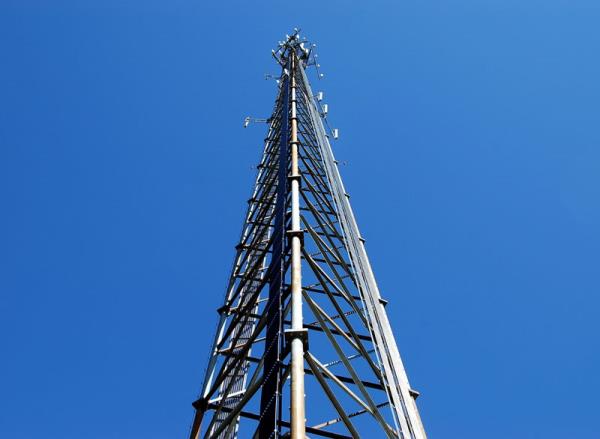The International Finance Corporation (IFC) is evaluating a significant new investment in Airtel Africa aimed at supporting its telecommunications operations in East Africa. The proposal involves a total commitment of $100 million, with $70 million earmarked for Airtel Kenya and $30 million for Airtel Rwanda.
This funding is primarily designated for capital expenditures (CAPEX) essential for expanding network infrastructure and modernizing the services offered by the two subsidiaries. Additionally, a portion of the funds will be allocated to refinancing existing debt, thereby strengthening Airtel Africa's financial health in these markets.
This potential investment builds on IFC's prior engagements with Airtel Africa, which included two financing arrangements in 2022 and 2024. The first financing package, valued at $194 million, supported operations across several countries, including the Democratic Republic of Congo (DRC), Kenya, Madagascar, Niger, and Zambia. The second deal, amounting to $200 million, was aimed at enhancing operations specifically in the DRC, Rwanda, and Kenya, with an emphasis on promoting financial inclusion through Airtel Money services.
Airtel Africa’s latest capital injection is part of a broader expansion strategy to bolster its position in the African telecommunications sector and address the increasing demand for services such as broadband internet. Currently, Airtel operates in 14 African countries, primarily across East, Central, and West Africa, boasting a customer base of approximately 156.6 million as of 30 September 2024. Source: African Wireless Communications






